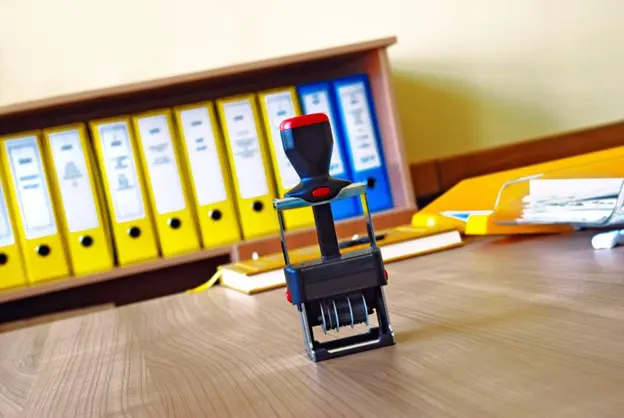Notary Basics: Understanding Authentication Certificates and Apostilles
If you’re traveling to a Hague member country and are requested to have your documents authenticated or apostilled, there are several things you should know about the process.
When getting your notarized documents apostilled or authenticated, you are not the one who makes the requests, it is your signer who does. The signer may be a U.S. federal officer, a consular officer, a foreign diplomatic official, a judge advocate, or a military notary.
They may ask for an apostille on a notarized certificate, which you can obtain either by working through the process yourself, or by asking an attestation service to handle it for you.
But before you go with either option, it’s important to know how the process works.

Authentication or Apostille?
Both options validate the signature and seal of a Notary on a specific document. It’s only then that a document can be accepted in a foreign country. The authentication or apostillation verifies that your document was notarized by a notary commission.
Countries that are a part of the Hague Apostille Convention require this procedure for authentication. Issued by your native country’s secretary of state or agency for notary commission, the apostille is only needed once, so the long, cumbersome process is definitely worth it.
But every country that is a non-Hague member requires several certificates from several sources. With the process being different for each country, the authentication certificates can range from documentation from commissioning agencies to further documents from your destination country’s consulate, the U.S. Department of State, the commissioning agency, or from government officials in the country you’re traveling to.
Attaining Authentication for a Notarization
Taking the documentation needs for a U.S. citizen as an example, if they were aiming to travel to another country that requires authentication, the documents they’d need for authentication would include:
- Agreements
- Income verification
- Powers of attorney
- Affidavits
- Deeds of assignments
- Diplomas
- Company bylaw
- Transcripts
- Warrants
- Trademarks
- Certificates of good standing
Adoption dossiers (in case a child is being adopted from another country) But again, keep in mind that you’re not required to get these documents authenticated unless you’re asked to by a noted authority.
In case of Apostille
If you’re requested for an apostille, you’re required to send a written request to the Secretary of State’s office of your state (who is usually the Notary commissioning authority). The submission should also contain:
- Your reason for an apostille or authentication
- The original document that should include the notarial certificate
- Information on what the document’s final destination is
- An envelope (postage-paid) addressed to the document’s destination or custodian
- The expected fee
Once the documents are sent to the office, they then determine whether the document requires an authentication certificate or apostille.
Getting Help
As you can see, the process of getting an apostille or authentication certificate can be quite complex and long-winded. This is why it’s best to hire a professional certification attestation service provider, like Benchmark Attestation Services.
With services available for citizens seeking certificate attestation for UAE, UK and more, Benchmark Attestation Services makes the process smooth and problem-free.
For further information, get in touch with us and let us make your travels easy!